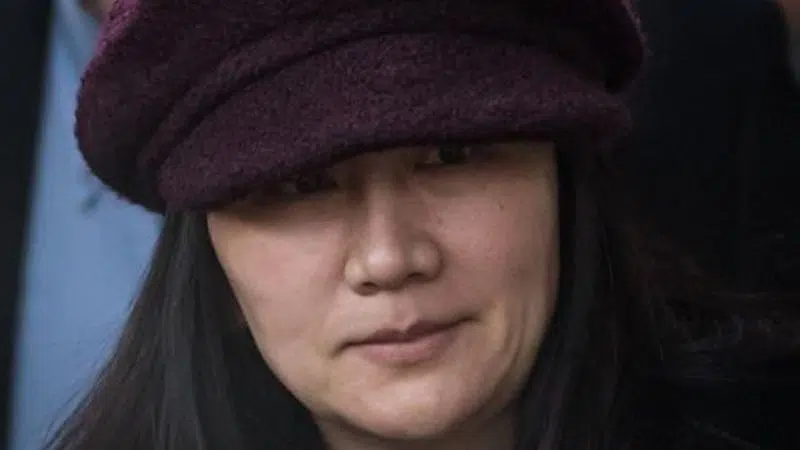
Meng Wanzhou alleges her constitutional rights were breached by RCMP, CBSA
VANCOUVER — The defence team for Huawei executive Meng Wanzhou has filed a notice of civil claim alleging “serious violations” of her constitutional rights, accusing officers of detaining and questioning her for three hours before notifying her of her arrest.
The suit filed with the B.C. Supreme Court on Friday is against members of the Canadian Border Services Agency, the RCMP and the federal government.
It seeks damages for false imprisonment based on multiple alleged failures of government officials to comply with the rule of law upon her detention, search and interrogation at the Vancouver airport on Dec. 1.



